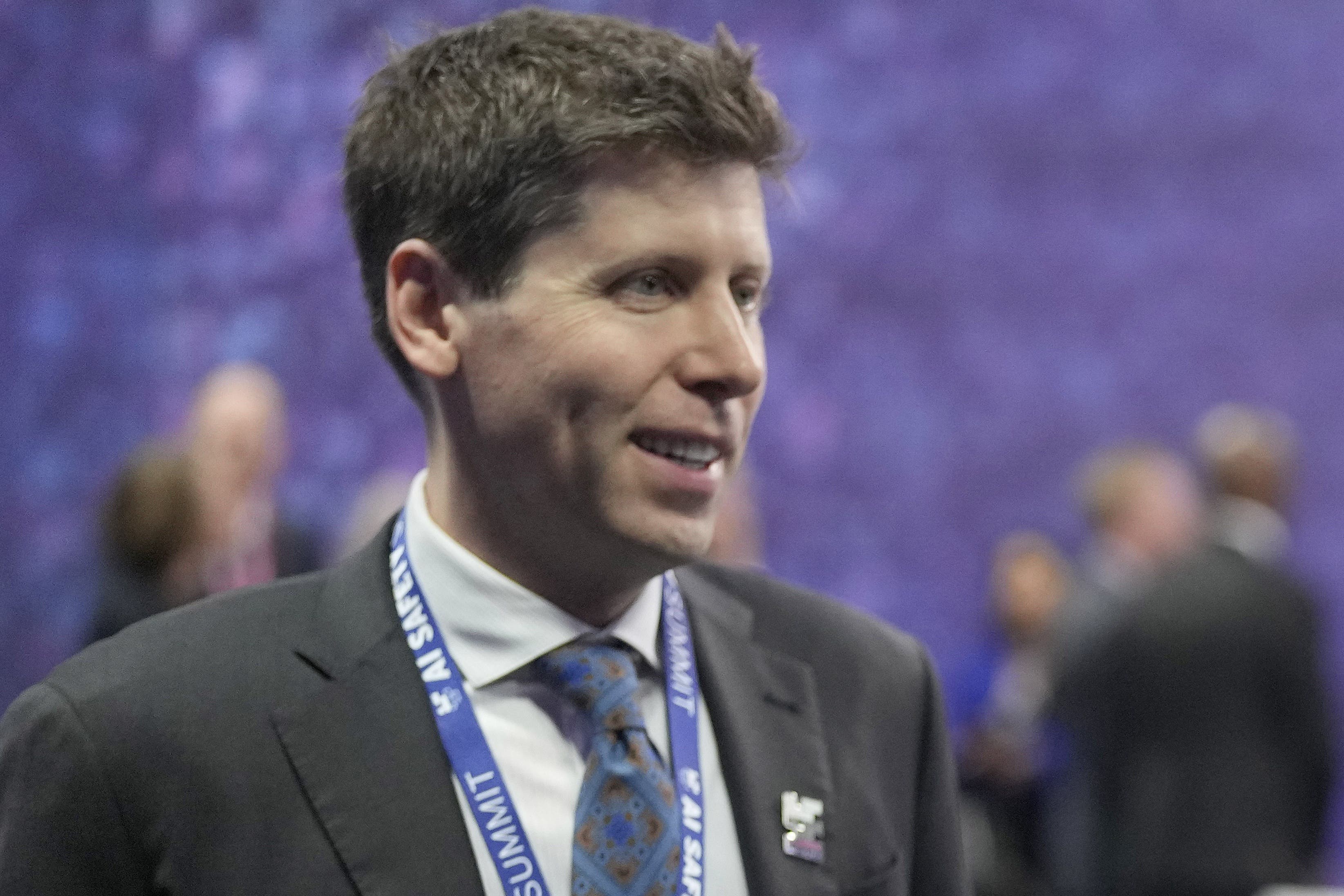‘Very deep flaws’ in generative AI tech, says boss of ChatGPT firm OpenAI
Sam Altman added that, despite rapid improvements in generative AI, ‘you don’t actually want that to drive your car’.

There are “very deep flaws” in current generative AI technology and the public is learning its limitations, according to the boss of ChatGPT’s parent business.
Sam Altman, chief executive officer of OpenAI, added that, despite rapid improvements in generative AI, “you don’t actually want that to drive your car”.
The comments came as he answered questions on a panel alongside Chancellor Jeremy Hunt, Salesforce chief Marc Benioff, Accenture chief Julie Sweet and Pfizer chief Albert Bourla at the World Economic Forum in Davos.
You don’t actually want that to drive your car ... but you are happy for it to help you brainstorm what to write about or help you with code that you then check
Mr Altman told the audience that people are becoming accustomed to using AI tools and that they “know it might be wrong but that can be ok”.
“It’s a very limited current capability and it has very deep flaws,” he said.
“People are finding ways to use it for great productivity gains and other gains, and they understand the limitations.
“A system that is sometimes right, sometimes creative but often totally wrong – you don’t actually want that to drive your car.
“But you are happy for it to help you brainstorm what to write about or help you with code that you then check.”
“The OpenAI style of model is good at some things but not good for a life-and-death situation.”
It comes just two months after the co-founder and chief executive officer dramatically returned to the helm of the business after OpenAI’s board of directors had voted no confidence in him days earlier.
Mr Altman admitted the company’s board was too small and did not have the necessary experience.
“At some point you just have to laugh, at some point, it just gets so ridiculous,” he said, describing the period around his reinstatement.
Bookmark popover
Removed from bookmarks